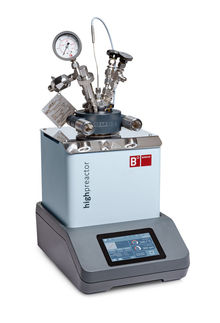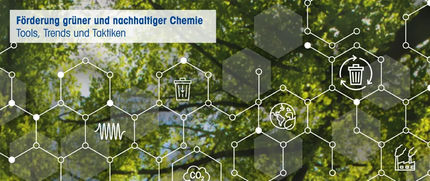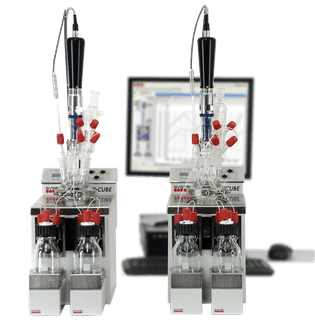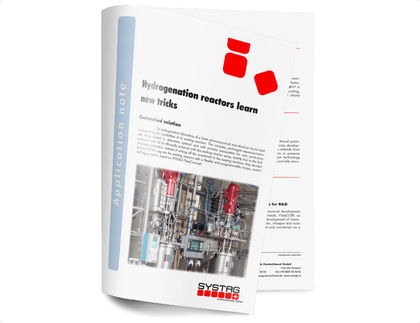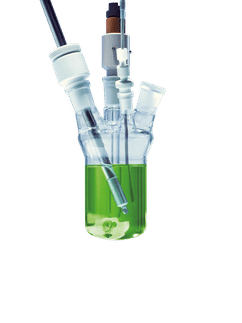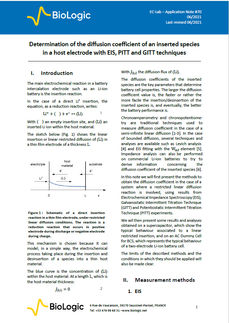High-pressure reactor hydrogenation
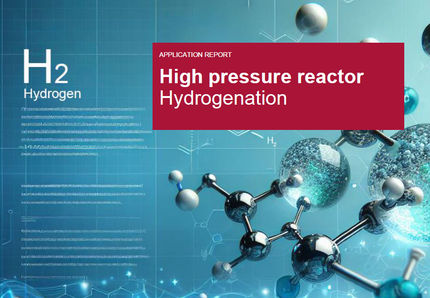
Hydrogenation in high-pressure reactors - basics and safety
Berghof high-pressure reactor enables chemical reactions at up to 300°C and 200 bar, ideal for a wide range of applications in chemical engineering. The modern design ensures optimum reaction conditions.
Hydrogenation adds hydrogen to chemical multiple bonds and is used in many industries:Food industry: Conversion of unsaturated fats into saturated fats to extend shelf life, e.g. margarine.Chemical synthesis: Reduction of double or triple bonds in organic molecules, important for pharmaceuticals and agrochemicals.Fuel production: Conversion of biomass into liquid fuels and production of synthetic fuels.Catalytic processes: Refining crude oil in the petrochemical industry.Hydrogen storage: Storage of hydrogen in chemical compounds.
Hydrogenations are crucial for organic synthesis as they convert unsaturated compounds into saturated ones. Discover all the details and download our comprehensive white paper now!
Download white paper now
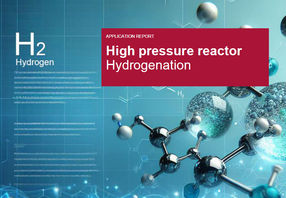
High-pressure reactor hydrogenation
Hydrogenation in high-pressure reactors - basics and safety
White Paper classification
White papers on related topics
Products on related topics
Manufacturers of similar products
See the theme worlds for related content
Topic world Synthesis
Chemical synthesis is at the heart of modern chemistry and enables the targeted production of molecules with specific properties. By combining starting materials in defined reaction conditions, chemists can create a wide range of compounds, from simple molecules to complex active ingredients.

Topic world Synthesis
Chemical synthesis is at the heart of modern chemistry and enables the targeted production of molecules with specific properties. By combining starting materials in defined reaction conditions, chemists can create a wide range of compounds, from simple molecules to complex active ingredients.


